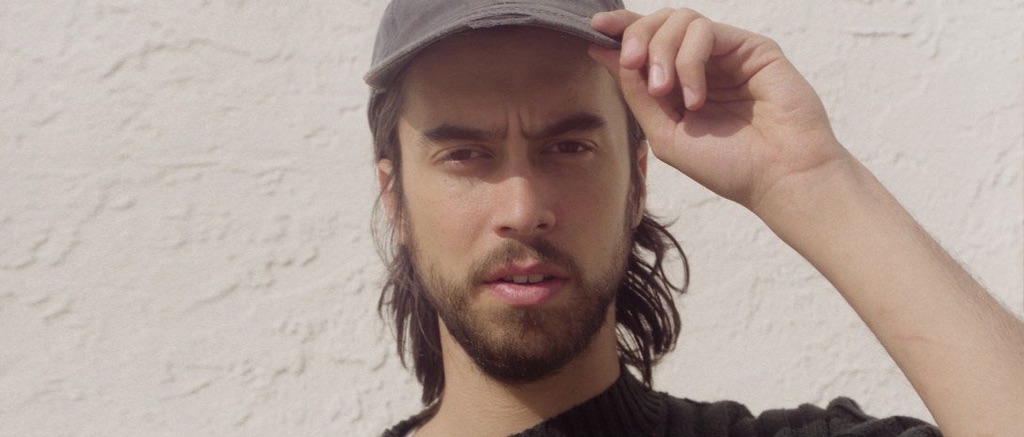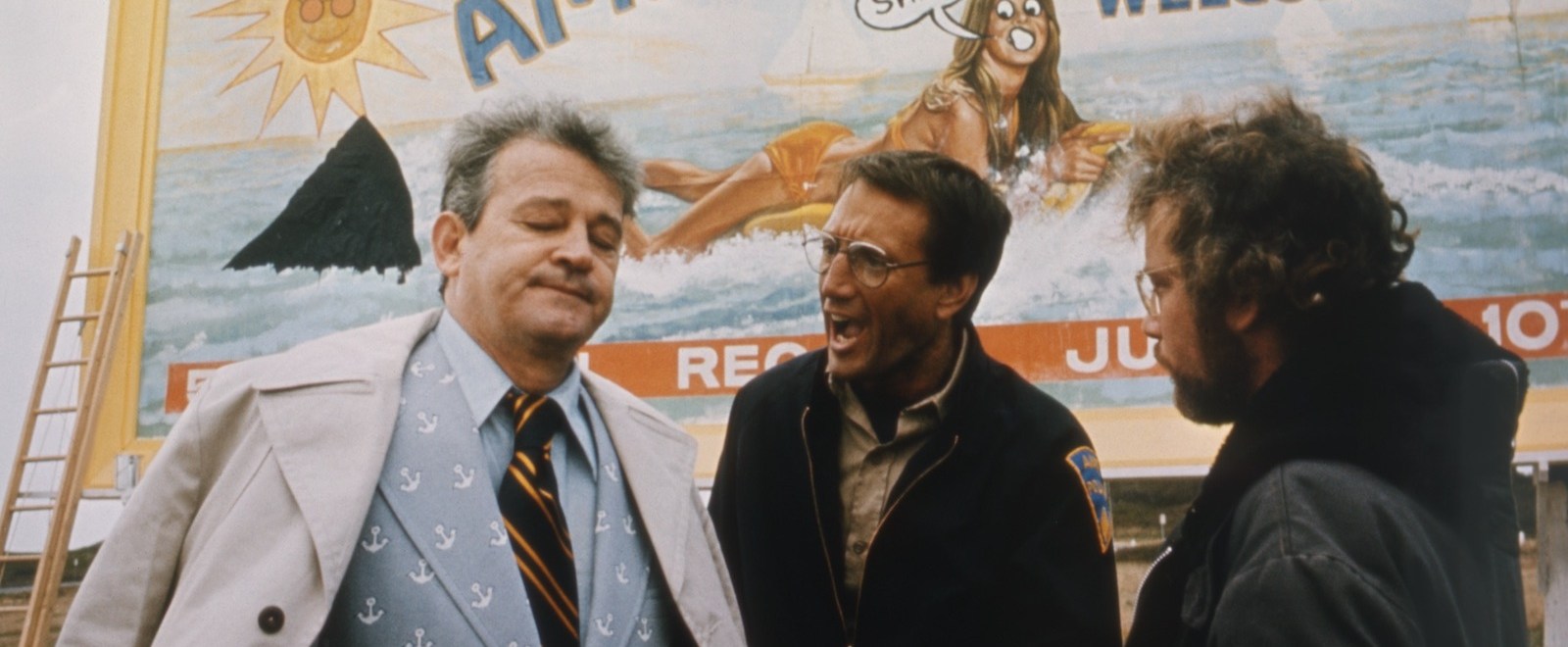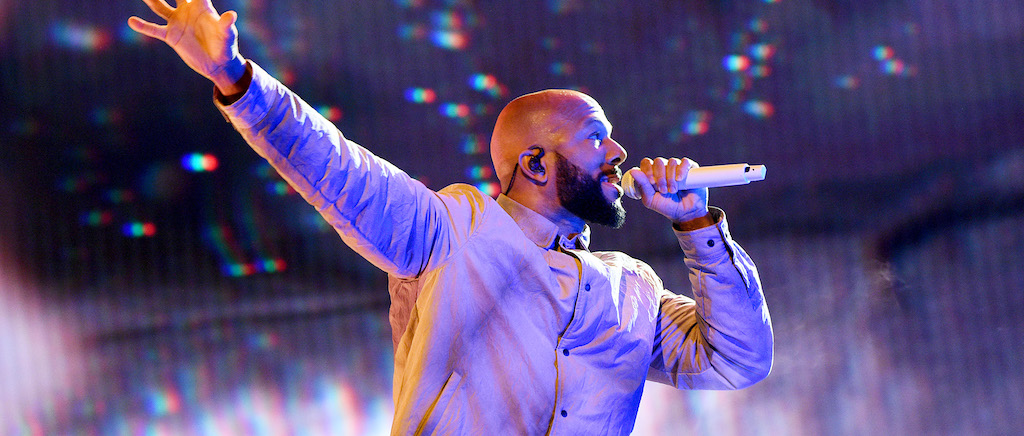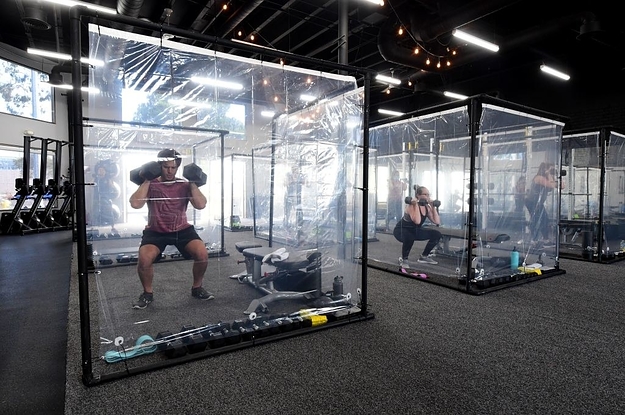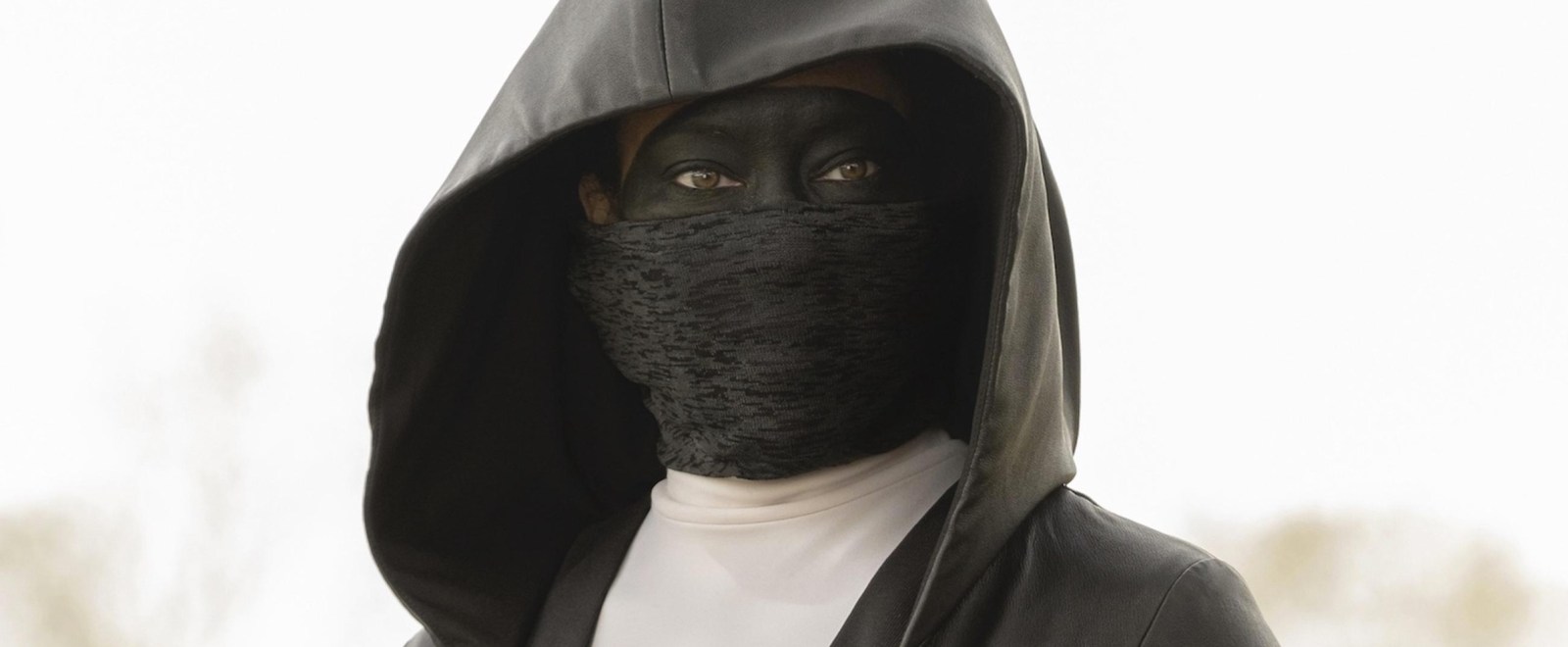
On Friday, Bob Dylan will release his first album of original material in eight years, Rough And Rowdy Ways. On the same day, Neil Young will put out Homegrown, a “lost” record composed of songs made in 1974 and ’75.
This symmetry seems perfectly logical, given that Bob and Neil reside at the very top of the rock singer-songwriter pyramid, after many decades of having similarly long, strange, uncompromising, and (of course) frequently brilliant careers. They both started in the ’60s, came of age in the ’70s, lost their way in the ’80s, came back in the ’90s, and then endured as living legends in the ’00s and ’10s. And now they’re here again, together, sharing more music.
While they are among the most stubborn individualists in modern music — often risking their livelihoods, reputations, and very sanity for the sake of pursuing some mad new idea — Bob and Neil also exist as mirror images of one another. “I’ll never be Bob Dylan. He’s the master,” Neil once said of his counterpart. “If I’d like to be anyone, it’s him.” Bob meanwhile famously thought that Neil was him when he heard “Heart Of Gold” on the radio in the early ’70s, during one of his creatively fallow periods, when Neil was at his commercial zenith.
Their latest releases are very much in line with what we’ve come to expect from these icons. Rough And Rowdy Ways is the work of a man who has achieved everything an artist could possibly set out to do, and now feels empowered to be even more idiosyncratic and perverse. In a recent New York Times interview, Dylan described his recent songwriting as “trance writing,” in which words tumble out without self-consciousness or even deliberate thought. What this means for Rough And Rowdy Ways is that the sublime freely mixes with the ridiculous, the sacred with the profane, the profound with the ephemeral — just as they do in our own brains.
There are lines on this album that make me laugh for the sheer audacity of their unapologetic silliness. (Try not to giggle when Bob refers to the Rolling Stones as “them British bad boys” in “I Contain Multitudes.”) Then there are other songs so chilling they take my breath away, none more so than “Murder Most Foul,” the already famous (No. 1 hit?!) 17-minute epic about the JFK assassination that doubles as a parable about the end of America. That song also has no discernible melody nor any real precedent in Dylan’s catalogue; at 79, he’s found yet another way to completely confound and mesmerize us. There are other stunning oddities: “Key West (Philosopher Pirate)” is like Cormac McCarthy attempting to write a Jimmy Buffett song, while “Black Rider” is a bawdy death march with a stunning throwaway joke about the size of the Grim Reaper’s penis. Seriously. It’s that kind of record. I don’t expect to care about (or listen to) anything else for a while.
Homegrown is a whole other kind of miracle. A product of Neil’s “ditch” period — that incredible post-“Heart Of Gold” era when he put out a series of drunken, depressive, and thrillingly loose and rocking albums — Homegrown is like a lost chapter that slots between On The Beach and Tonight’s The Night. If you know those records, you’ll know what to expect here: lurching tempos that teeter on the brink of chemical-addled collapse, pedal-steel and harmonica licks that sigh like cries of despair after the bar closes, a vibe of utter spiritual and emotional exhaustion that somehow conveys deep melancholic beauty (rather just plain old apathy or cynicism), and an effortless mix of rowdy country and surly hard rock that pretty much every middle-American band has tried to rip off for more than 40 years.
It’s all here, and yet somehow it all feels new and fresh. While Homegrown doesn’t top any of the iconic Neil Young albums in its immediate vicinity, it more than justifies its existence, going beyond mere archival curio to something close to essential, offering a more complete portrait of a major artist in the process of turning himself inside out during a time of personal and political upheaval. Which is appreciated given the incredible upheaval we’re experiencing in this moment. Your arrival is better late than never, Homegrown.
I love Bob Dylan. I love Neil Young. Who doesn’t? However, you might like one a little more than the other. I know I do. But in order to justify saying that anyone is better than Neil Young, or anyone is better than Bob Dylan, you have to be prepared to explain it with sound reasoning and facts.
Let me state the obvious: You don’t have to choose one over the other. But if you want to, purely as a rhetorical exercise, let’s walk through this.
PART 1: OBJECTIVE STATISTICS
COMMERCIAL PERFORMANCE
Let’s start with raw numbers: Bob Dylan has sold more than 100 million albums. Neil Young has moved more than 75 million. Clear advantage for Bob. But Neil Young has one No. 1 single on the American pop chart, 1971’s “Heart Of Gold.” Bob has zero No. 1 singles. Score one for Neil. Covers of Bob Dylan songs, however, have reached the top of the charts twice: in 1963 for Peter, Paul, and Mary’s “Blowin’ In The Wind,” and in 1965 for the Byrds’ “Mr. Tambourine Man.” In the end, Bob is the bigger pop star here.
Advantage: Bob
AWARDS
As you might imagine, people trip over themselves to hand awards to Bob Dylan and Neil Young. It goes without saying that both of them are in the Rock ‘n’ Roll Hall Of Fame. In terms of Grammys, Bob has 10 and Neil has three, but Neil has also won six Junos and one MTV Video Music Award for 1989’s Video Of The Year, “This Note’s For You.” (Sadly, Bob was snubbed for his exemplary work on “Tight Connection To My Heart.”) That puts Bob and Neil at 10 trophies apiece for music-related awards.
After that it turns into a rout: Bob has won an Oscar, a Golden Globe, a Pulitzer Prize, a Presidential Medal Of Freedom, and a little something called the Nobel Prize — which he didn’t even show up for. And there’s lot of other honors, too. Bob tours so much because he has to buy houses in which to store his extremely high number of awards.
Advantage: Bob
CRITICAL RECEPTION
As a music critic myself, I hate distilling a nuanced, thoughtful take on an important artist down to a meaningless number. It cheapens criticism, and it trivializes art. We should all strive to do better.
Having said that, according to Metacritic, Bob has an average career score of 85. Neil’s score is 73.
Advantage: Bob.
SUPERGROUP PARTICIPATION
Bob and Neil have each participated in one supergroup. Bob was a member of the Traveling Wilburys, with Tom Petty, George Harrison, Roy Orbison, and Jeff Lynne. Neil was a member of Crosby, Stills, Nash, and Young. I like the Traveling Wilburys, but there’s no question that CSNY was the bigger, more impactful supergroup, selling millions of albums and headlining stadiums. And Neil came to be the dominant force in CSNY, even though he was the last one to join. (CSNY played arenas and amphitheaters, while CSN performed in theaters. That’s the Neil effect.) Bob meanwhile was the least important member of the Traveling Wilburys, even though he was the most famous and esteemed artist outside of the band. (In the Wilburys, Jeff Lynne played the most significant role in shaping the sound, while being the least famous member. In terms of Bob and Neil, the Wilburys are inversely proportional to CSNY.)
Advantage: Neil
EX-WIVES
Bob has two. Neil has two. Though one of Bob’s wives, Carolyn Dennis, was married and divorced in secret and not discovered until many years later. So it’s possible that he has other ex-wives out there. For now, however, we must trust the numbers we have.
Advantage: Draw
PERSONAL SIGHTINGS
I once saw Neil eating dinner with Daryl Hannah at an LA restaurant. There was a huge white car out front with a Pono installed in the stereo. I have seen Bob out in the wild exactly zero times.
Advantage: Neil
PART 2: SUBJECTIVE ARTISTIC ASSESSMENTS
LYRICS
Bob is rightfully considered the premier lyricist of the rock generation. There’s probably 100 Dylan songs I can quote in their entirety from memory because the writing is so good. I could cite countless examples of brilliant Dylan lyrics, but how about this famous stanza from “Mr. Tambourine Man”: “Yes, to dance beneath the diamond sky / With one hand waving free / Silhouetted by the sea / Circled by the circus sands / With all memory and fate / Driven deep beneath the waves / Let me forget about today until tomorrow.” Incredible! Genius! Pure timeless poetry!
Or how about this from “Shelter From The Storm”: “Well, I’m livin’ in a foreign country but I’m bound to cross the line / Beauty walks a razor’s edge, someday I’ll make it mine / If I could only turn back the clock to when God and her were born / Come in, she said / I’ll give ya shelter from the storm.” Holy sh*t! Can you believe this f*king guy? Goddamn!
Any lyricist is diminished when compared to that. But even on his own terms, Neil frequently writes lyrics that are … well, clunky. This especially clunky clunker from “Peaceful Valley Boulevard” comes immediately to mind: “A polar bear was drifting on an ice floe / Sun beating down from the sky / Politicians gathered for a summit / And came away with nothing to decide / Storms thundered on, his tears of falling rain / A child was born and wondered why.”
Or how about these lyrics from a song I absolutely adore, “Out On The Weekend”: “The woman I’m thinking of / She loved me all up / But I’m so down today / She’s so fine, she’s in my mind. / I hear her callin’.” Putting these words on the page does them (or Neil) no favors.
To be fair, Neil has also written some incredible lyrics for songs like “Tonight’s The Night,” “Tired Eyes,” “Powderfinger,” “My, My Hey Hey (Out Of The Blue),” and “Rockin’ In The Free World.” But with Neil, it’s usually about how he delivers the lyric rather than the lyric itself. I don’t know that the words to my favorite Neil Young song, “Harvest,” are especially profound — “Dream up dream up let me fill your cup / with the promise of a man” — but the way he sings it makes me want to renew my wedding vows. Ultimately, when you’re matched up against Bob, you must atone for “a child was born and wondered why.”
Advantage: Bob
INSTRUMENTAL PROWESS
Bob plays guitar and piano, but his most expressive instrument is harmonica, particularly on songs like “Desolation Row” and “I Dreamed I Saw St. Augustine” in which he allows himself to veer off on long, heart-rending solos. Many a classic Dylan song has been sent off in grand fashion in the outro by one of those solos; it’s a trick that his many imitators have copied but rarely topped.
Neil also plays harmonica and piano, but his guitar is entirely something else. Whereas Bob uses his (somewhat limited) instrumental skills as a means to deliver his songs, Neil’s songs often are vehicles for his idiosyncratic, one-of-a-kind soloing. There is nothing in modern music that sounds like a Neil Young guitar solo — gnarled, pure, furious, meditative, ugly, gorgeous — especially when he wails away for minutes on end as Crazy Horse blasts away behind him. The eloquence that Bob achieves with words Neil pulls off with his axe on classics like “Down By The River,” “Cortez The Killer,” and “Like A Hurricane,” which sound like a man dancing beneath a diamond sky with one hand waving free. (I mean that metaphorically — obviously both hands are on the guitar.)
Advantage: Neil
VOCAL STYLE
This is maybe the hardest category for me to judge, as Bob and Neil both have distinctive, often imitated, and highly polarizing vocal styles. There are many people who happen to believe Bob is a bad singer; thankfully, those people have terrible taste and shouldn’t be trusted to give any opinion on music, so we can disregard them. In his prime, Bob’s wizened, Midwestern twang was a perfect vehicle for his profound lyrics, capably conveying a complex mix of emotions (anger, sorrow, fear, lust, empathy) via a deeply human, conversational style. It’s true, however, that Bob’s voice has devolved over time into a garbled bark, though it has actually slightly improved in recent years. (And he actually gets a lot of emotional mileage out of that bark! His singing on Rough And Rowdy Ways is his best in years.)
Neil, meanwhile, still sounds like Neil: That high-lonesome, open-prairie whine has retained an affecting naivety in spite of Neil’s advanced years. Especially when compared with Bob, it’s amazing how remarkably well-preserved Neil’s voice is, no matter how often he’s had to holler over the Horse or his more recent backing band, Promise Of The Real. He sings “Old Man” like he was still a young man.
Advantage: Neil
LIVE PROWESS
Another very difficult and hard-fought category. In many ways I think Bob is the more interesting live act. I have more Bob live albums and bootlegs because he can sound like an entirely different person depending on the era. Pick a show from 1962, 1966, 1974, 1976, 1980, 1988, 1997, 2003, or 2016 or 2019 and you’ll hear wildly different setlists, musicians, and vocal styles. He might be a folkie, a rocker, a born-again Christian, a Deadhead-adjacent jammer, a gothic-country gentleman, or an easygoing crooner.
But with Neil, the aesthetic he established in 1970 is basically the same aesthetic that he’ll ride for the rest of his career — part rustic acoustic balladry, and part blown-out and very loud rock. When Neil deviates just a little — if he plays with the Stray Gators rather than Crazy Horse, for example — it seems more significant than it really is because his template is so established, even if the variations don’t sound all that different.
If I had to wager on which one is more reliable on any given night, I’m going with Neil. And it won’t just be merely satisfying, it will be great. With Bob, however, it might the greatest night of your life. Or it could be the most tedious. Frankly, I’ve experienced both with Bob. So, do you prefer a safe bet or the riskier choice that could pay off big or completely wipe you out? This one might be too close to call.
Advantage: Draw
BEST “BEST” ALBUMS
Bob and Neil both have multiple albums that can be credibly called their best. With Bob Dylan, the consensus choices are probably Freewheelin’ Bob Dylan, Highway 61 Revisited, Blonde On Blonde, and Blood On The Tracks. You might add Nashville Skyline and Desire, and I would certainly include John Wesley Harding and Time Out Of Mind. But you get the idea. With Neil Young, you have After The Gold Rush, Harvest, Tonight’s The Night, and Rust Never Sleeps. (Yes, I see all you On The Beach and Ragged Glory stans.)
When lining up all of those masterpieces up next to each other, I’m inclined to give the edge to the most “important” records. These are undeniably the early Dylan albums, especially Freewheelin’ and Blonde On Blonde, which essentially invented the blueprint that Young himself utilized on his many classics, along with pretty much every other significant singer-songwriter of the rock era. Blonde On Blonde is the very best album out of any of these, and I’d probably put Blood On The Tracks second. After The Gold Rush and Rust Never Sleeps are my favorite Neil Young albums, along with Everybody Knows This Is Nowhere, but I don’t think any of those are quite as good as Bob’s best. Again, this is a very high standard, but Neil just comes up slightly short.
Advantage: Bob
BEST “WORST” ALBUMS
Along with making many great albums, Bob and Neil have also put out a fair number of bad albums. Though because they’re both geniuses, even their lesser work is fascinating and worth hearing. The general agreement on Bob’s worst work is that it derives from the back half of the ’80s: Knocked Out Loaded, Down In The Groove, and Under The Red Sky. (Bob’s great 1989 effort Oh Mercy is truly an oasis in this era.) Neil’s stinkers are more spread out — he put out misunderstood curveballs like Trans in the ’80s, and he kept on doing it in the aughts (Greendale) and the ’10s (pretty much everything but especially The Monsanto Years and Storytone).
For Bob, his weakest studio efforts tend to be bad in the same way — simply put, he sounds disengaged on his worst albums, content to bash out half-baked songs with poorly considered production. Neil’s lesser albums, however, miss the mark for a wide range of reasons, because he’s actually trying different things, whether he’s recording with an orchestra, composing a concept album about the food industrial complex, or making himself sound like a robot. While Bob is the more adventurous live performer, Neil is by far the more adventurous recording artist. (And some of those albums that people hated initially, like Trans and Greendale, are actually pretty good in retrospect.) Therefore, Neil’s worst is better than Bob’s worst.
Advantage: Neil
PROTEST SONGS
Bob’s protest era is most centered on the first three years of his recording career, with a brief revival in the mid-’70s. His resume includes some of the greatest and best-known political songs in all of rock history: “Blowin’ In The Wind,” “Masters Of War,” “The Lonesome Death of Hattie Carroll,” “The Times They Are A-Changin’,” and “Hurricane.” Neil’s protest-song resume isn’t as deep — though he’s been more vocal lately, recording an entire album about the post-9/11 wars in Iraq and Afghanistan, Living With War, in the aughts and — if we can be slightly broad with “political” songwriting — his anti-food industry record The Monsanto Years in the ’10s. Also, Young arguably has written (along with Public Enemy’s “Fight The Power”) the best protest song of the last 50 years, “Ohio.”
This one is closer than I expected, but it’s hard for me not to go with the obvious choice. Even Neil covered “Blowin’ In The Wind” to protest the first Iraq war back in the ’90s.
Advantage: Bob
UNRELASED MUSIC
Bob and Neil only rival each other (along with maybe Bruce Springsteen) when it comes to having a robust “shadow” discography of released music that has, thankfully, managed to trickle out over the years via official releases. In the early ’90s, Dylan initiated his own “Bootleg Series” to formally put out dozens of songs that had been into circulation by actual bootleggers, including all-time masterworks like “Blind Willie McTell,” as well as beloved concert performances such as the infamous “Royal Albert Hall” concert from 1966, my favorite live album ever. But even before that, there was intense mythology around The Basement Tapes (formally released in 1975, and later greatly expanded in the ’10s) as well as tracks like “Up To Me” and “Abandoned Love” that ended up on Dylan’s first box set, Biograph, released in 1985.
Neil has been busy lately raiding his own vault, putting out “lost” albums like Homegrown and Hitchhiker as well as scores of live albums. (He’s planning several more archival releases this year alone.) Neil’s vault records are always worth hearing, though they tend to present songs that are already known in different live versions or stages of development. (Homegrown is among the releases that includes some actual new songs.) Bob’s vault records, however, uncover unknown or forgotten periods of his career far more often, making a more substantial contribution to the overall arc and understanding of his work.
Advantage: Bob
PART 3: WILDCARDS
LITERARY ACHIEVEMENTS
Bob’s Chronicles Vol. 1 is considered by many the best rock memoir ever written. As a much younger man, he wrote a book of poetry, Tarantula, that would have worked much better if it had been set to music. Neil has written two memoirs, Waging Heavy Peace and Special Deluxe, that dwell more on his cars than music, and another book, To Feel The Music, that’s entirely about the fidelity of music. No contest here: They gave Bob a Pulitzer and a Nobel for a reason.
Advantage: Bob
FILMOGRAPHY PART 1: AS A DIRECTOR
Bob has directed one movie, Renaldo And Clara, filmed during his 1976 Rolling Thunder tour, incorporating concert footage, interviews, and improvised fictionalized scenes. It’s also incredibly, incredibly long. I own a bootleg copy — it isn’t currently legally available — and I’ve never been able to make it through all four hours. (Outtakes from Renaldo And Clara were used for the similarly eccentric Rolling Thunder Revue: A Bob Dylan Story By Martin Scorsese.) Neil has been far more prolific as a filmmaker, directing numerous works under the name Bernard Shakey, ranging from the experimental (Journey Through The Past) to the relatively conventional (the essential concert film Rust Never Sleeps). Neil’s films aren’t always good, necessarily, but Bob sets a low bar.
Advantage: Neil
FILMOGRAPHY PART 2: AS A PERFORMER
As an actor, Bob made his best movie first, appearing as Alias in Sam Peckinpah’s anti-western, Pat Garrett And Billy The Kid. His on-screen persona is wooden and remote, which usually comes off as campy (like in the awful ’80s sorta romcom Hearts Of Fire) though it occasionally works as a totally weird meta-commentary on his own image (like in the “oft-derided but defended by me” disaster Masked And Anonymous.) Neil however is wired-to-the-gills in his most notable “acting” job in Human Highway, playing the dual role of Lionel Switch and Frankie Fontaine. Full disclosure: I have only seen clips of Human Highway, not the entire film. (It’s difficult to track down, like much of Bernard Shakey’s work.) I’m going to give Bob the edge here, though if one day I find out that Human Highway is better than Pat Garrett And Billy The Kid I will issue a mea culpa.
Advantage: Bob
THE EIGHTIES
When it comes to decades, Bob and Neil split up the last 60 years more or less evenly. While Neil put out great music with Buffalo Springfield and launched his solo career in the ’60s, that decade clearly belongs to Bob. While Bob put out masterful LPs like Blood On The Tracks, Desire, and Street-Legal in the ’70s, that decade clearly belongs to Neil. The ’90s were a great time for Neil, with all due respect to Bob for Time Out Of Mind, while Bob has done better in the aughts and the ’10s.
The only real point of contention here is with the ’80s, when both men were adrift creatively and commercially. Bob came out of his Christian period and flirted with drum machines and some of the worst-sounding synths in the history of mankind. Neil passive-aggressively sought to annoy the head of his record label, David Geffen, by making a series of schtick-y genre experiments. For true believers of Bob and Neil — I am obviously in this camp — the ’80s is actually better for both of them than is commonly believed. Bob put out two genuinely great albums, Infidels and Oh Mercy, while Neil snuck some gems on otherwise overlooked curveballs like Everybody’s Rockin’ and Old Ways, before fully rebounding with Freedom. But it’s the truly perverse work from the ’80s that I find most endearing, and in that respect I have to give the edge to the man who made Trans.
Advantage: Neil
ALBUM COVERS
Like so many classic rockers, Bob and Neil put out consistently great album covers in the ’60s and ’70s. Bob typically goes with a cool-looking photo of himself — see Highway 61 Revisited, Nashville Skyline, Desire, and pretty much every other record — while Neil alternates between cosmic hippie self-portraits (Everybody Knows This Is Nowhere, On The Beach, Comes A Time), abstract nature-dude illustrations (Harvest, Hawks And Doves) and whatever is happening on the cover to American Stars ‘n Bars.
Then the quality starts to dip in the ’80s with the music, and then it just gets worse and worse as the years go on. Dylan’s album covers in the 21st century, starting with Love And Theft, have been comically terrible, characterized by odd font choices and fuzzy photos and goofy illustrations seemingly selected at random. The cover of Rough And Rowdy Ways rivals Christmas From The Heart as the most hilariously terrible cover of his entire career. Bob’s covers are so bad they even bail out Neil’s aesthetic poor choices for albums like Peace Trail, The Visitor, and Storytone.
Advantage: Neil
APPEARANCE IN THE LAST WALTZ
Bob is essentially the climax of the classic 1978 concert film, reuniting with The Band at the end of the movie to storm through “Baby Let Me Follow You Down” and then get misty-eyed during “Forever Young.” Bob also happens to look incredible — this is peak “floppy hat” era Bob, and it’s also the longest his hair has ever looked on camera. He’s truly a magnificent looking dirtbag.
Speaking of dirtbags, Neil’s appearance in The Last Waltz is more infamous, given that Martin Scorsese supposedly had to airbrush a cocaine booger off of his nose for the film version. No matter how coked-up Neil was, though, his performance of “Helpless” is deeply soothing and beautiful. This one is too close to call.
Advantage: Draw
FINAL SCORE: Bob 9, Neil 8 (with three draws)
We started with raw numbers, and we end with raw numbers. I give the edge to Bob because I think he’s ultimately a greater songwriter with a better overall discography, though Neil is one of my favorite guitarists ever and he’s a more consistent live performer. In the end, I choose them both.
Rough And Rowdy Ways is out Friday via Columbia Records. Get it here.
Homegrown is out Friday via Reprise Records. Get it here.
Neil Young is a Warner Music artist. Uproxx is an independent subsidiary of Warner Music Group.

